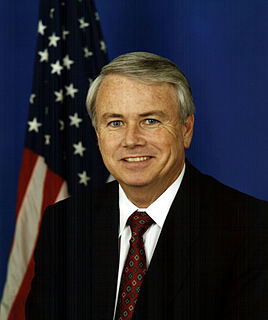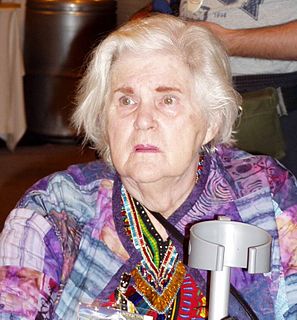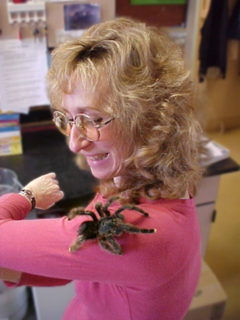A Quote by Elton Gallegly
It's been argued that of all the animals humans have domesticated, the horse is the most important to our history. For thousands of years, horses were our most reliable mode of transportation.
Related Quotes
There's an ancient bond that still exists today between horses and humans, it is even there with people that have never ridden a horse or been around horses. The horse is what settled the entire west. If it weren’t for the horse they’d probably be only a couple hundred miles from where they started. A lot of people don’t realize how much they owe the horse because it’s not so much a part of our culture right now as it used to be.
If you are leaping a ravine, the moment of takeoff is a bad time for considering alternative strategies... Do it in the 'closed' mode. But the moment the action is over, try to return to the 'open' mode... because in that mode we are the most aware, most receptive, most creative, and therefore at our most intelligent.
Even those who specialize in the history of philosophy often ignore the political and cultural context, and the natural world in which their philosophers were philosophizing. This has consequences both trivial and important. If you systematically read the last fifty years of the major journals in our discipline you would be amazed at the amount of redundancy. Most of this is unacknowledged because most of us know so little about the history of our discipline and even the subfields in which we work.
So, we've gone from covered wagons to going to the moon in just under 100 years. For all the centuries and thousands of years before us, people walked or rode horses, cows, camels or whatever. This so-called modern era, from the late 19th century through now, has been the period of the most amazing development, discovery, innovation and acceleration of change that humans have ever experienced. And it hasn't slowed down yet.
When humans act like animals, they become the most dangerous of animals to themselves and other humans, and this is because of another critical difference between humans and animals: Whereas animals are usually restrained by the limits of physical appetites, humans have mental appetites that can be far more gross and capacious than physical ones. Only humans squander and hoard, murder and pillage because of notions.
I have to say my relationship with the horses is the biggest thing, and it grows. I love horses more and more every day, and I'm breeding, so when I'm playing a horse that's the son of a horse, the daughter of a horse I used to play, it's like bonding. So I think that's the most amazing part of it. It's the passion that we polo players have for the horses first, and then the game and the strategy of the game and winning and the team and your teammates, all of those things are a big part of it, but the horses are my favorite part.
There is increasing social concern about our use of nonhumans for experiments, food, clothing and entertainment. This concern about animals reflects both our own moral development as a civilization and our recognition that the differences between humans and animals are, for the most part, differences of degree and not of kind.
I have always been interested in conducting research that yielded new methods by which to make cloth, and in developing new materials that combine craftsmanship and new technology. But the most important thing for me is to show that, ultimately, technology is not the most important tool; it is our brains, our thoughts, our hands, our bodies, which express the most essential things.
Human relationships with predators have always been thorny. Predators are the first creatures our kind purposely eradicates. Too often, people feel humans are and should be in control; we are enraged to discover this is not true. And when other creatures share our appetites and kill our livestock (often animals we were raising to kill, ourselves), we call them vandals and murderers...Predators are the most persecuted creatures on Earth.


































